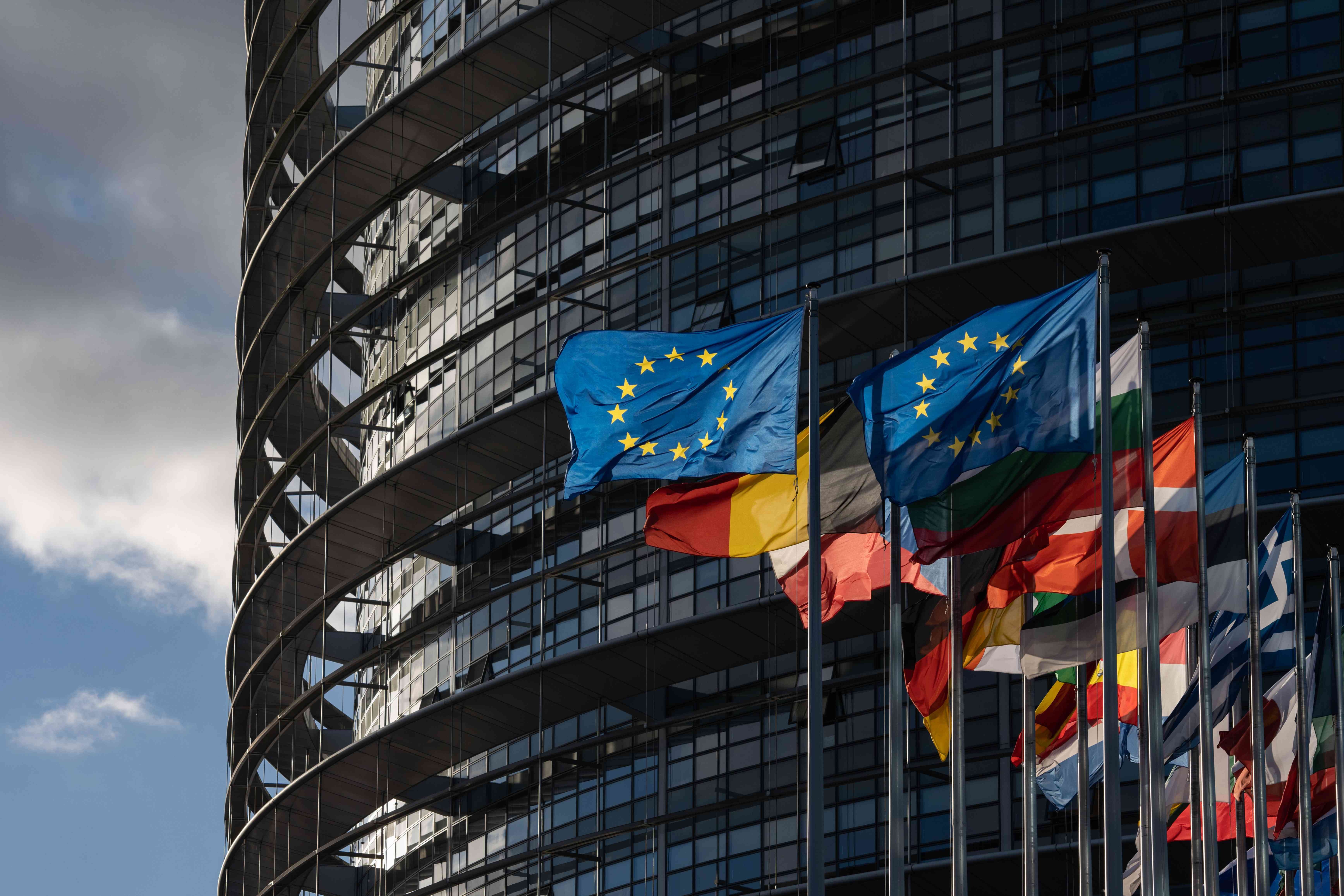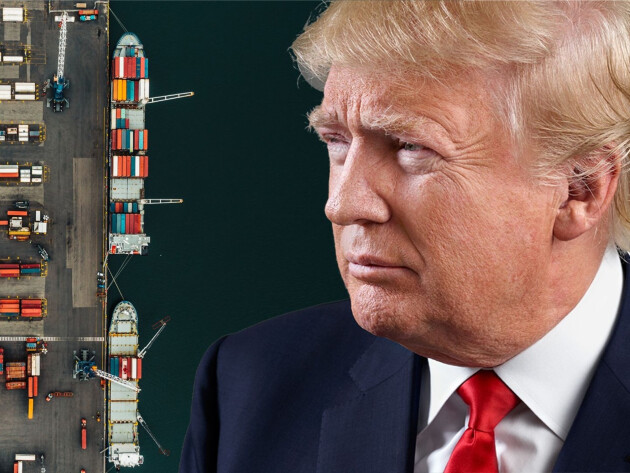
European Policymakers speak on Maritime Affairs
Impact on the future of maritime shipping
Last week, European policymakers had the opportunity to deliberate on various relevant topics impacting the future of maritime shipping.
On Monday, a discussion occurred in Brussels between the European Parliament's Environment Committee regarding the upcoming 83rd session of the Marine Environment Protection Committee (MEPC 83) of the International Maritime Organisation (IMO), scheduled to be held from April 7 to April 11.
The following day, the Environment Committee engaged in dialogue with Teresa Ribera, European Commissioner for a Clean, Fair, and Competitive Transition, concerning the Clean Industrial Deal presented in February. That same day, a discussion was held in the Transport Committee with the European Court of Auditors regarding military mobility in Europe and dual-use transport infrastructure.
In this article, we zoom in on the key outcomes and share our insights in comparison.
Global levy on GHG emissions
During the discussion between the Environment Committee and the European Commission, represented by Fotini Ioannidou, Director of Waterborne Transport at DG MOVE, it was emphasized that the European Commission is adopting a constructive stance towards a levy on greenhouse gas emissions. The Commission hopes to gather as many IMO member states as possible behind a compromise to implement a global levy on greenhouse gas emissions.
However, Fotini clarified that the Commission applies four criteria in reaching a compromise.
Firstly, the environmental objectives of the GHG strategy must be respected;
Secondly, the proposal must effectively support the implementation of zero greenhouse gas emission fuels;
Thirdly, no IMO member state should be excluded from accessing the revenues from levies;
And fourthly, the proposal must allow for the cost to be passed onto commercial operators.
For Dutch and European maritime shipping, a breakthrough in the IMO would lay a foundation for a global level playing field concerning greenhouse gas emissions pricing and fuel standards. This would render FuelEU and the ETS unnecessary, avoiding double payments, increasing administrative burdens, and working with different standards.

Environment Committee urges European Commission to take concrete actions for CID
The following day, the Environment Committee reconvened for a discussion with Vice President Ribera on the Clean Industrial Deal. The Environment Committee had a clear message for the Vice President: it's time to turn the Clean Industrial Deal into action and make the European economy more competitive by focusing on sustainability.
Ribera clarified that the omnibus packages are an initial concrete step to promote sustainability in the Union by reducing administrative burdens and regulatory pressure and improving access to financing. Moreover, the Clean Industrial State Aid Framework, expected in the second quarter of this year, should further encourage member states' investments in sustainability by allowing more room to finance sustainable projects.
KVNR - "Time for concrete steps."
Internal market standards
Libera also made it clear that internal market standards should promote the competitiveness of European companies. For shipowners, further cooperation between member states is crucial, for instance, by adopting uniform European standards for data submission instead of each member state requesting this information differently.
The Spanish Vice Premier emphasized the importance of dialogue between the Commission and the maritime sector to promote the sector's sustainability. The Sustainable Transport Investment Plan (STIP), expected in the third quarter of this year, should further accelerate this transition by attracting private investments for scaling up clean fuels and infrastructure.
Funding needed for dual-use transport infrastructure
The European Parliament's agenda on Tuesday was well-filled, as the Transport Committee also happend the same day to discuss a report published by the European Court of Auditors on military mobility.
The report pointed out the shortfall in the EU budget for dual-use transport infrastructure projects. Therefore, the European Court of Auditors proposes utilizing the remaining budget under the Connecting Europe Facility (1.69 billion euros) for dual-use infrastructure and ensuring that sufficient space is reserved in the upcoming Multiannual Financial Framework for military mobility and dual-use infrastructure. Previously, the Eurocommissioner made clear that he wants to reserve 70 billion euros for military mobility and dual-use infrastructure in the Multiannual Financial Framework 2028-2034.
The Transport Committee made it clear that funding should be made available for dual-use transport infrastructure wherever possible and urges the European Commission to mobilize the budget for dual-use transport infrastructure where necessary.
Given the current geopolitical tensions, military mobility is a significant focal point in Europe. This topic was also on the agenda of the informal Transport Council in Warsaw on Monday and Tuesday. For maritime shipping, it is important that clear agreements are made on how infrastructure can efficiently facilitate both civilian and military needs.
The KVNR keeps you informed about developments on this and other issues in Brussels. Additionally, we continuously bring our positions on these developments to the attention of policymakers and other stakeholders.
Contact...





